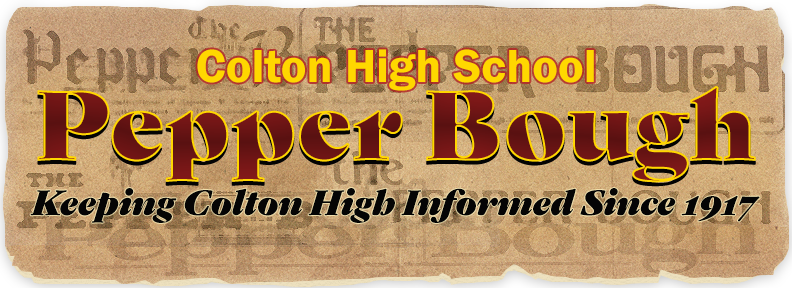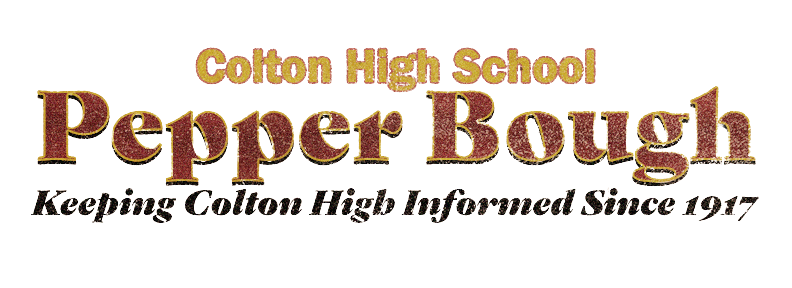Banned books benefit society

April 12, 2017
The practice of book banning has existed in America since colonial times when legislatures and governors applied laws against blasphemy and libel to literature. Since freedom of the press has expanded significantly, many believe book banning is not currently being practiced in our country, but it still happens quite frequently.
Encyclopedia.com states, “Books can be restricted by an outright ban or through less overt forms of social or political pressure.” Another method of preventing particular books from being read is through a legislative prohibition of certain books or texts being taught in schools. Limits are also in place through The Comstock Act of 1873, which we use a modified version of today, and prohibit importation and interstate shipment of “obscene” works.
Many banned books are controversial because they deal with issues that much of the population does not want to face or acknowledge. Many banned books have a few things in common, such as a discussion about racism, sexuallity, government and society, war or genocide, etc.
Some of the most famous books in America have been banned such as Toni Morrison’s The Bluest Eye, Lewis Carroll’s Alice’s Adventures in Wonderland, John Steinbeck’s The Grapes of Wrath, etc.
Banned and challenged books have shaped our society and continue to shape our society by challenging us to consider lifestyles or struggles that may be different from our own. Song of Solomon taught us about racism through the perspective of a person of color, and To Kill A Mockingbird showed us that conflict from the viewpoint of a caucasian child. The Diary of Anne Frank took us through the horrors of genocide, and The Handmaid’s Tale’s dystopia demonstrated an unsettling future we could face if we don’t pay attention. These controversial books, although at times intense, expand our minds. They have shaped our modern society into one that tries to be increasingly empathetic and progressive.
The American Library Association recognizes the importance of literature and the freedom to read, so they keep a list of every book that is banned in the country each year. They reported that the most banned book in 2015 was John Green’s Looking For Alaska. Every year the group organizes its annual Banned Books Week to celebrate that most challenged books continue to be available “thanks to the efforts of librarians, teachers, students, and community members.”
Although it is only April, this year’s event has already been planned for September 24-September 30.






